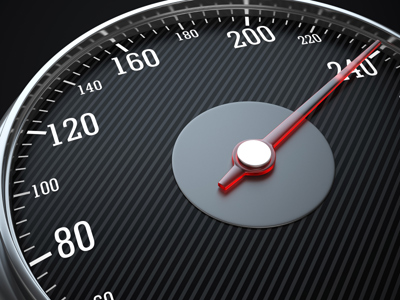
Selecting Equipment
This Science quiz is called 'Selecting Equipment' and it has been written by teachers to help you if you are studying the subject at middle school. Playing educational quizzes is a fabulous way to learn if you are in the 6th, 7th or 8th grade - aged 11 to 14.
It costs only $12.50 per month to play this quiz and over 3,500 others that help you with your school work. You can subscribe on the page at Join Us
Selecting the correct equipment or choosing the right apparatus is an important part of any experiment and this science quiz will help you to do just that.
You should choose what apparatus you will use before an experiment, but you can change your mind and choose different equipment during your investigation if you feel it would be better. Choosing the most suitable apparatus is a very important skill in the design of investigations. Factors such as the accuracy of the equipment for measuring and appropriate sizes of glassware are very important considerations. A candidate who specifies a 'digital voltmeter with an accuracy of at least 0.1 volts' or 'a 25 ml pipette' demonstrates higher skill levels than someone who simply selects a voltmeter and pipette.
You will be given credit for selecting appropriate equipment for an experiment, so even if you don't include the sizes, provided the equipment is appropriate, that's fine. The equipment list is usually written before the description of the method although you need to have decided on your method first.
An important consideration when selecting equipment for an experiment is safety. If you are going to be using corrosive chemicals (e.g. the Biuret test for proteins which involves sodium hydroxide) planning to use a test tube rather than a beaker would show that you understand the need for safety as this will reduce the likelihood of splashes. Additionally, you should always include safety goggles on your equipment list.
Ready for more?
not all...
quizzers. Try to win a coveted spot on our Hall of Fame Page.







